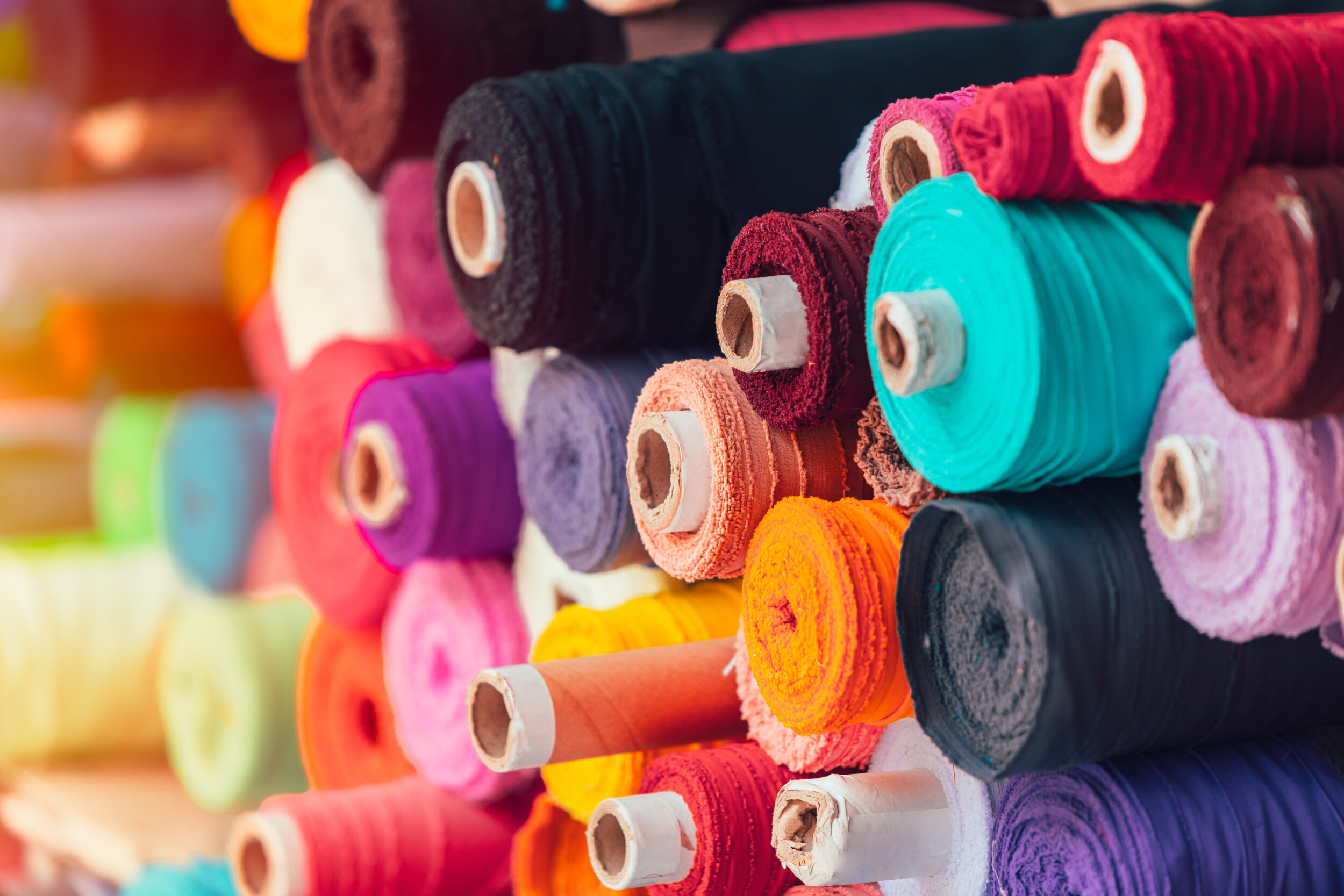Proteins have a variety of interesting properties and are non-toxic to humans. From an industrial point of view, the inclusion of these compounds in materials opens the door to all kinds of uses, from sensors in medical or environmental applications to solar cells. What's more, at a time when “intelligent” textiles are all the rage, proteins offer an attractive biological solution.
Noémie-Manuelle Dorval Courchesne, an Associate Professor of Chemical Engineering at McGill University, is interested in the development of biologically derived materials, especially biomaterials made from proteins, either genetically modified or not. Her aim is to assemble functional materials as simply and efficiently as possible.
The professor and her team have designed light-sensitive proteins that can be used to make sensors that can be incorporated into clothing. These light-sensitive proteins fluoresce when the pH of the wearer's skin and sweat changes, indicating certain medical conditions or infections and providing information about the person's state of health.
To do this, the team genetically modified proteins produced by E. coli bacteria to integrate naturally fluorescent proteins. These highly resistant proteins have the ability to self-assemble to form an easy-to-handle gel that can be applied to textiles. Professor Dorval Courchesne hopes to develop a wider range of such proteins, which would respond to different stimuli.
Another component of the research project involved mixing proteins with luminescent nanocrystals. This made the material more stable in water, which is advantageous in the case of sensors for medical or environmental use.
Professor Dorval Courchesne's work has attracted the interest of several industrial partners. Resulting projects include the development of a textile incorporating proteins, not fluorescent this time, that give the textile the ability to self-repair. There is still much to learn about the capabilities of proteins!
Sources :




